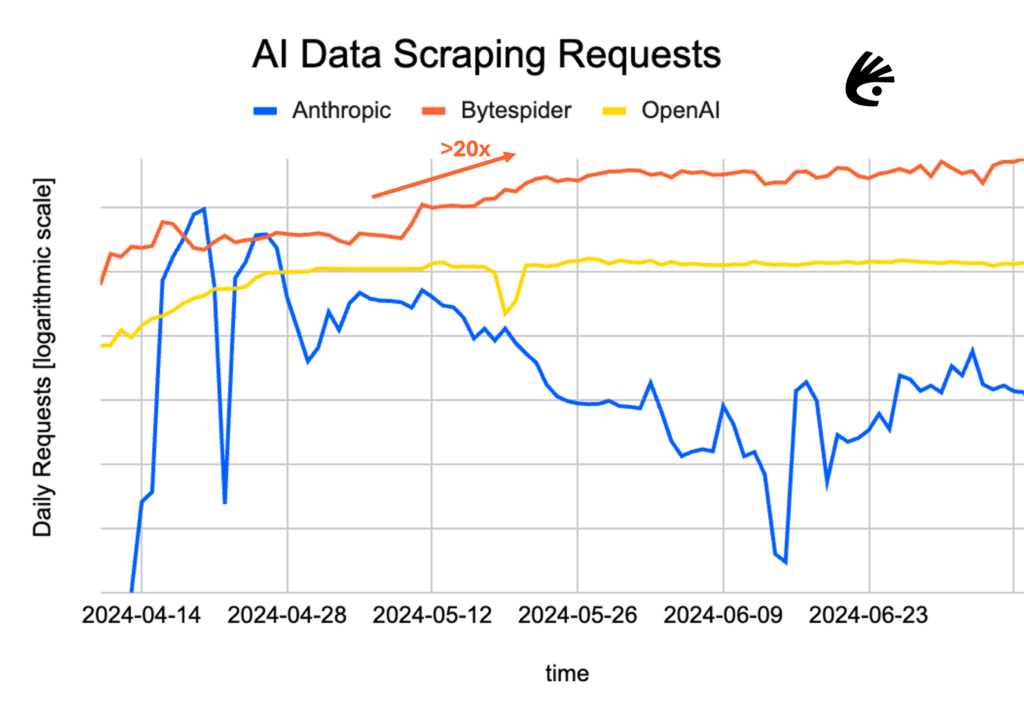Two prominent media companies filed a lawsuit against Perplexity AI, accusing the startup of illegally using their content without permission. Dow Jones & Company and NYP Holdings, both owned by News Corp, have initiated legal action in New York. The lawsuit focuses on the alleged unauthorized use of content from outlets like The Wall Street Journal and New York Post. The companies claim that Perplexity AI’s use of their copyrighted material is diverting customers and revenue away from them.
What’s Happening & Why This Matters
The case centers on the way Perplexity AI pulls and stores data from publishers, allegedly violating copyright laws. News Corp argues that even though AI outputs may differ from the original material, the process of ingesting and reusing that content for AI-driven summaries is still a form of copyright infringement. Additionally, the media companies accuse Perplexity of damaging their reputation by allowing factually incorrect AI-generated information, known as hallucinations, to be linked to their outlets.
The companies say they previously sent legal letters demanding Perplexity stop using their content, but received no response, which prompted the lawsuit. News Corp is now seeking a licensing deal similar to the one it arranged with OpenAI. CEO Robert Thomson has expressed dissatisfaction with Perplexity’s practices, emphasizing the importance of compensating journalists and content creators for their work.
The legal battle between News Corp and Perplexity AI centers around intellectual property rights and fair use in the rapidly growing field of artificial intelligence. While News Corp acknowledges the potential of AI, it insists that AI startups must respect the content produced by journalists and publishers. Thomson pointed out that journalists work hard to provide valuable information and that using their work without proper compensation harms the entire industry.

Perplexity, an AI-powered search engine, positions itself as an answer engine that summarizes existing news articles. However, the lawsuit argues that the company is essentially creating a substitute for original content by repackaging news in a way that undermines the source material. According to News Corp, this practice unfairly competes with legitimate news outlets by offering “knockoff” stories to users, who are encouraged to skip the original sources. The suit stresses that News Corp is not opposed to AI but wants usage agreements that compensate content creators fairly.
Perplexity has defended its actions by claiming fair use of publicly available web content, stating that no one can own the copyright on facts. The company asserts that its platform promotes transparency and provides links to original sources, even though critics say those links are often buried. As the lawsuit moves forward, it could set important precedents for how AI companies use news and copyrighted content.
TF Summary: What’s Next
This lawsuit is a battle in the war over AI companies usage of copyrighted materials. News Corp’s legal action could force Perplexity AI to alter its business model, creating need for more licensing deals between AI startups and content providers. Meanwhile, Perplexity will need to defend its stance on fair use, which impacts future AI v. content rights cases.
With more media companies taking notice, the case against Perplexity is the opening salvo for legal challenges aimed at protecting journalists’ and publishers’ rights. As AI expands its content generation and summarization practices, this case’s implications could be extensive and sweeping.
— Text-to-Speech (TTS) provided by gspeech


